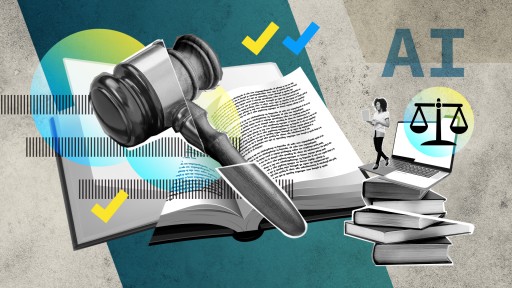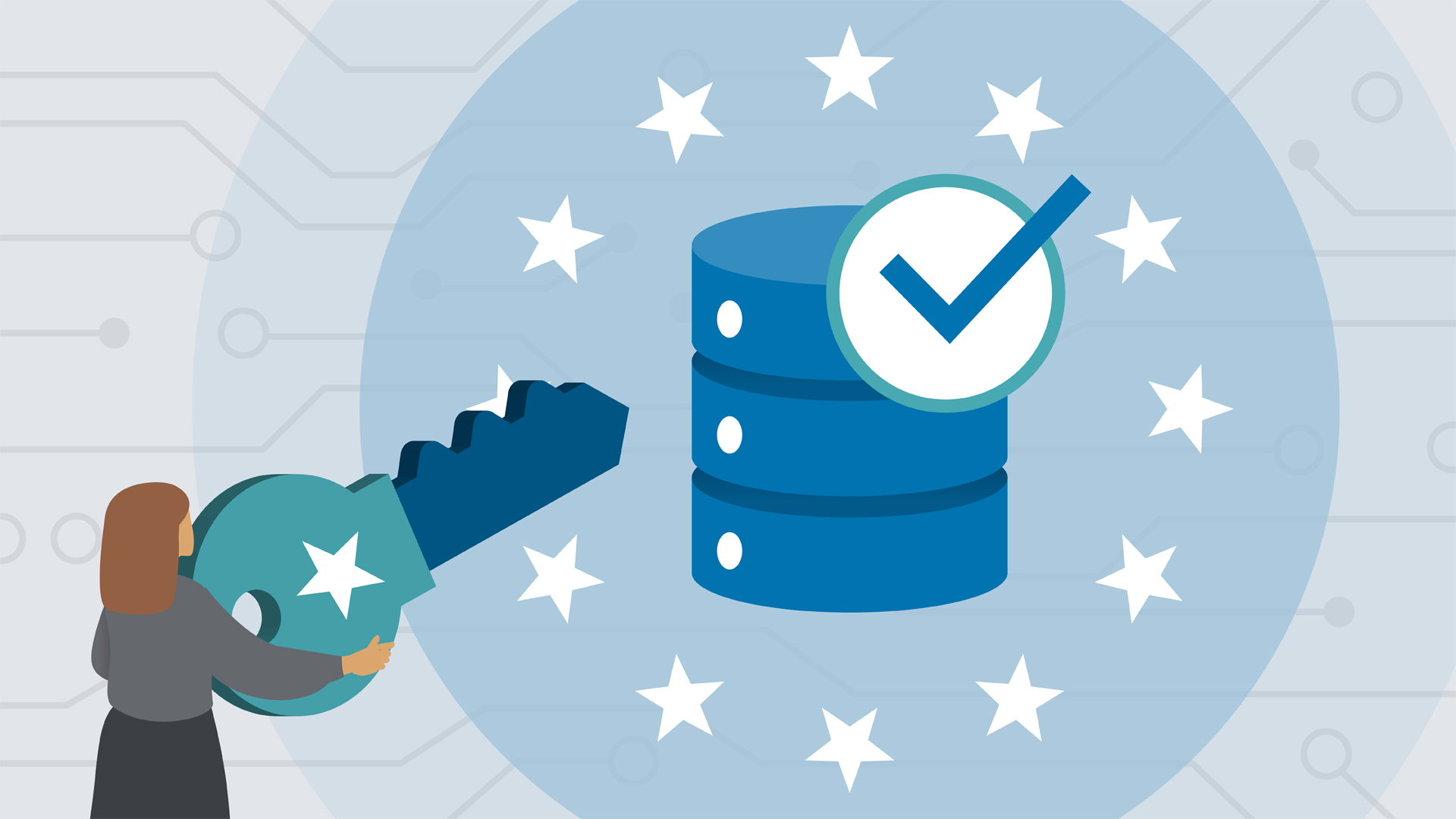
Course duration: 1,61h
New technologies are rapidly changing the way organizations function and the capabilities of products and services that can be provided. This rapid pace of change creates not just incredible new opportunities, but also unprecedented challenges for organizations, their staff, their customers, and society as a whole. A wide range of ethical considerations must now be anticipated and addressed. These ethical issues as they relate to technology form a developing domain of leadership responsibility known as technoethics. In this course, award-winning technology leader Jonathan Reichental introduces you to the essential 21st century competency of technoethics. Learn about organizational ethics, then begin building your understanding of technoethics. Explore the key focus areas of technoethics, including digitalization, responsible AI, privacy ethics, and more. Plus, go over practical tools and techniques that you will use as you explore technoethics.
Topics include:
- Analyze the ethical practices of organizations like Best Buy in relation to sustainability and community engagement.
- Explain the significance of ethical conduct in building organizational reputation and compliance with laws.
- Identify different ethical frameworks such as utilitarianism, rights, common good, and virtue to resolve moral dilemmas.
- Evaluate how logical fallacies can affect ethical decision-making processes and outcomes.
- Discuss the implications of technology ethics in modern societies, including privacy, AI bias, and digitalization.
- Outline the complexities of ethical dilemmas in today's technological landscape using real-world scenarios.
- Design strategies for implementing a code of ethics within an organization focusing on technological issues.
- Interpret the role of ethical guidelines in social media to prevent issues related to privacy and misinformation.
- Develop an understanding of responsible AI practices to mitigate ethical risks and promote positive outcomes.
- Describe the impact and challenges of data ethics in the digital transformation era.
This course is in French only. If this is not a problem for you, by all means go ahead and apply.

Course duration: 1,38h
The European Union (EU) Artificial Intelligence (AI) Act is a first-of-its-kind global regulation for trustworthy AI. Once passed into law, the act will enforce a legal framework using a risk-based approach aimed at regulating the development, deployment, and use of AI in the European Union. Companies failing to abide by the reporting and transparency requirements defined in the act will be subject to monetary repercussions. In this course, Tristan Ingold examines the transformative EU AI Act. He defines AI systems in the context of the EU and identifies requirements and obligations imposed by the act on AI system providers and users. He also details the various business and technical challenges and opportunities that stakeholders will have to consider. Whether you are a developer, business leaders, risk and compliance professional, or just interested in understanding the future of AI regulation, this course should help you understand how legislative developments will impact AI systems.
Topics include:
- Understand how, when, and on which companies the EU AI Act will be enforced once it is ratified.
- Define AI in the context of the EU and identify AI systems at the various risk levels.
- Identify the various user and system obligations imposed by the AI Act.
- Apply the principles of the AI Act in real-world scenarios to promote compliance while encouraging innovation and ethical AI development.
This course is in French only. If this is not a problem for you, by all means go ahead and apply.

Course duration: 1,29h
Get an introduction to the basics of data privacy: what it is, why it matters, and who it impacts, from consumers and private citizens to policymakers and C-suite business leaders. Michelle Dennedy, one of the data privacy community's strongest advocates, uses straight talk and engrossing stories and scenarios to illustrate why data privacy is becoming one of the most critical technology issues in our world today. Find out how organizations can build more robust systems, and extract maximum value from the data we do have access to. Explore what happens when data gets into the wrong hands, and learn what we need to know in order to protect ourselves in the face of a data-driven future.
Topics include:
- Relate the concept of data as intellectual property.
- Examine the ways in which moral, legal, and ethical concerns apply to data privacy.
- Explain how context applies to personal private information.
- Recognize the motivations of individuals accessing data they are not authorized to access.
- Define the implications of moral crumple zones.
This course is in French only. If this is not a problem for you, by all means go ahead and apply.

Course duration: 1,4h
The General Data Protection Regulation (GDPR) is a privacy-related regulation in the EU that became active and enforceable in May of 2018. GDPR requires US companies doing business in the EU to protect citizen privacy, and companies who do not comply face heavy fines. In this course, instructor Mandy Huth outlines who needs to comply with GDPR, what they need to do, and how they need to do it. She details the scope of GDPR, the definition of a personal data breach, the rights of data subjects, incident response requirements under GDPR, and more. The previous version of this course was released prior to the GDPR going into effect, so Mandy wraps up the course with some real-word examples that highlight some key points about GDPR, including the UK’s post-Brexit version of GDPR. DISCLAIMER: Neither LinkedIn nor the instructor represents you, and they are not giving legal advice. The information conveyed through this course is not intended to give legal advice, but instead to communicate information to help viewers understand the basics of the topic presented. Certain concepts may not apply in all countries. The views (and legal interpretations) presented in this course do not necessarily represent the views of LinkedIn.
Topics include:
This course is in French only. If this is not a problem for you, by all means go ahead and apply.
